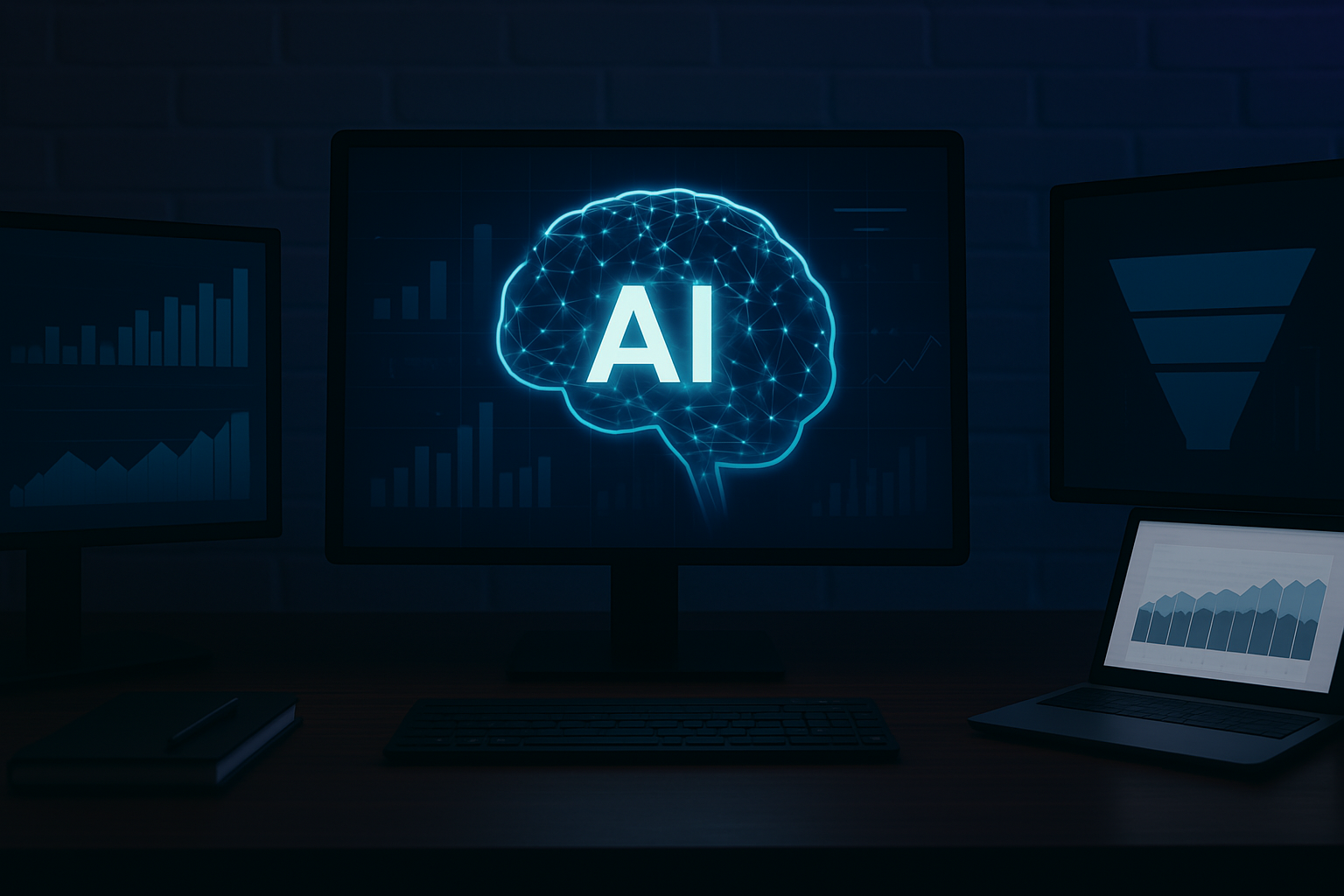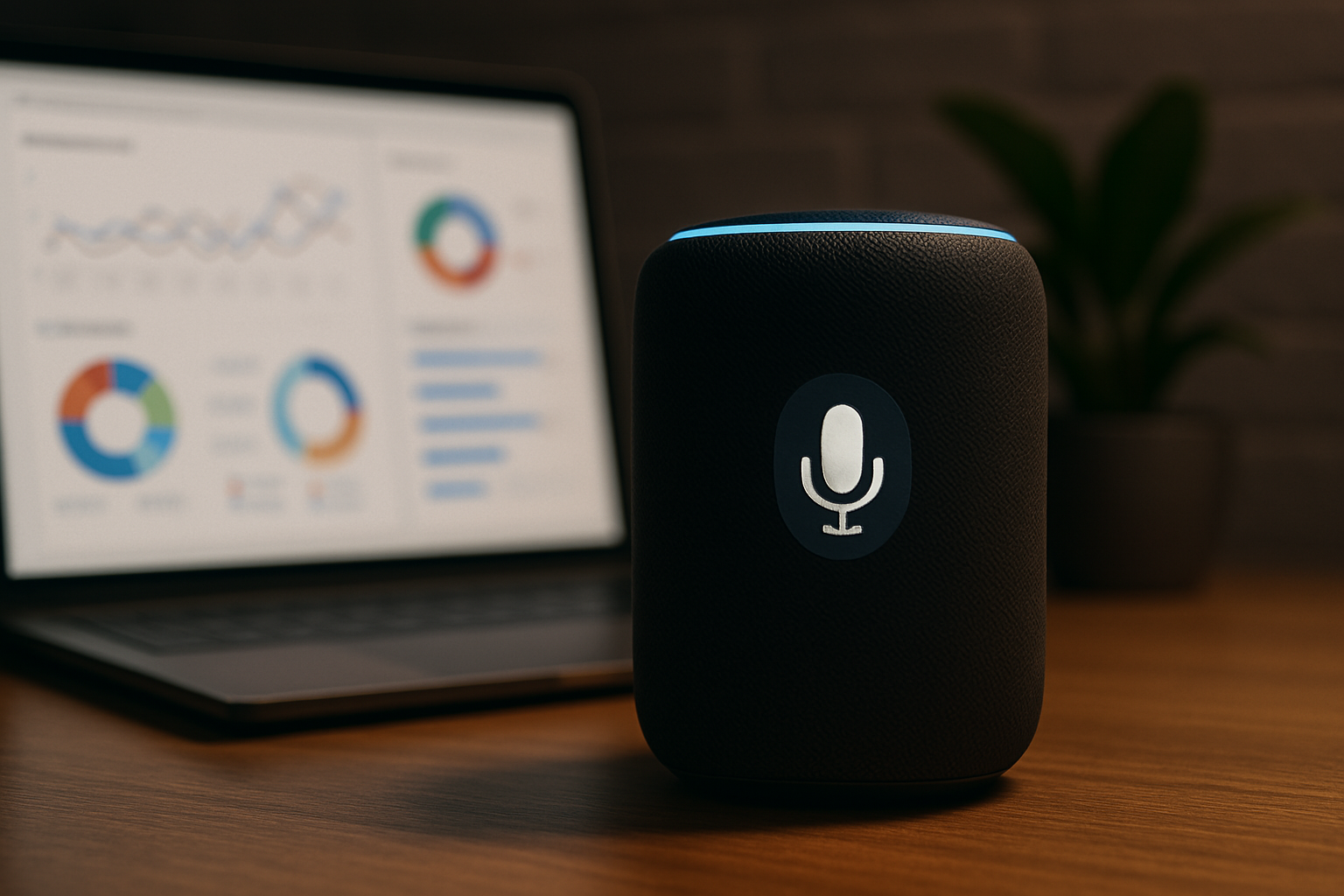Artificial Intelligence has moved beyond buzzword status to become an essential component of effective digital marketing strategies. In 2025, marketers who leverage AI tools gain significant advantages in efficiency, personalization, and campaign performance. This article explores how AI is transforming digital marketing and provides actionable insights for implementation.
AI-Powered Content Creation and Optimization
Content creation has been revolutionized by AI writing assistants and generative models. These tools can now:
- Generate blog posts, social media content, and ad copy that matches brand voice
- Optimize existing content for SEO by suggesting improvements
- Create variations of content for A/B testing
- Translate content into multiple languages while maintaining context and nuance
While human oversight remains crucial for creativity and brand alignment, AI dramatically accelerates content production workflows and ensures consistency across channels.
Hyper-Personalization at Scale
Perhaps AI's most significant impact on marketing is enabling true one-to-one personalization at scale. Modern AI systems can:
- Analyze customer data to identify micro-segments and individual preferences
- Dynamically adjust website content based on visitor behavior
- Create personalized email campaigns that adapt based on recipient engagement
- Recommend products with uncanny accuracy by understanding complex preference patterns
This level of personalization was impossible just a few years ago, but is now accessible to businesses of all sizes through various AI marketing platforms.
Predictive Analytics and Campaign Optimization
AI excels at identifying patterns in large datasets, making it invaluable for:
- Predicting customer lifetime value and churn probability
- Forecasting campaign performance before launch
- Automatically adjusting ad spend across channels for maximum ROI
- Identifying emerging trends before they become obvious
These capabilities allow marketers to make data-driven decisions with greater confidence and allocate resources more effectively.
Conversational AI and Customer Engagement
Advanced chatbots and virtual assistants have transformed customer interactions:
- Providing 24/7 customer support with increasingly human-like conversations
- Qualifying leads through intelligent questioning
- Guiding customers through purchase decisions
- Gathering valuable customer feedback and insights
The latest generation of conversational AI can understand context, remember previous interactions, and even detect emotional cues in text.
Ethical Considerations and Best Practices
As AI becomes more integrated into marketing strategies, ethical considerations become increasingly important:
- Transparency about AI use, especially in customer interactions
- Careful handling of data privacy and consent
- Avoiding algorithmic bias that could alienate customer segments
- Maintaining human oversight and intervention capabilities
Organizations that approach AI ethically not only avoid potential backlash but also build stronger customer trust.
Getting Started with AI in Your Marketing Strategy
For businesses looking to incorporate AI into their marketing efforts:
- Start with a specific use case rather than trying to implement AI across all marketing functions
- Ensure you have clean, organized data—AI is only as good as the data it learns from
- Choose tools that integrate with your existing marketing stack
- Invest in training for your marketing team to work effectively alongside AI
- Establish clear metrics to measure the impact of AI implementation
As we progress through 2025, AI will continue to evolve and create new possibilities for marketers. The organizations that thoughtfully integrate these technologies now will be best positioned to thrive in an increasingly competitive digital landscape.




